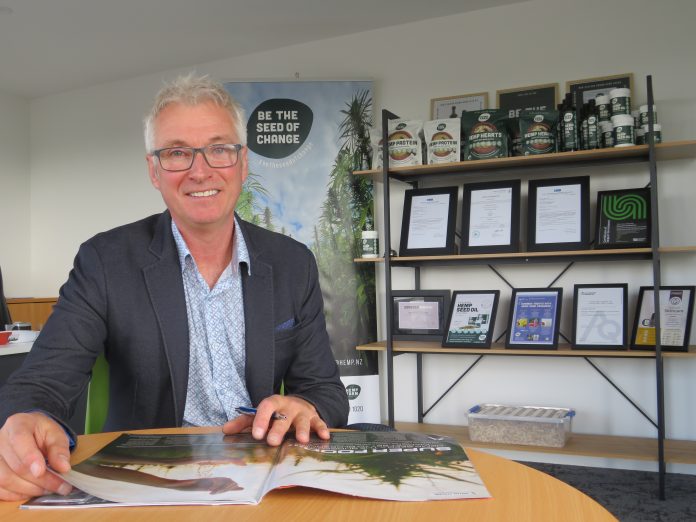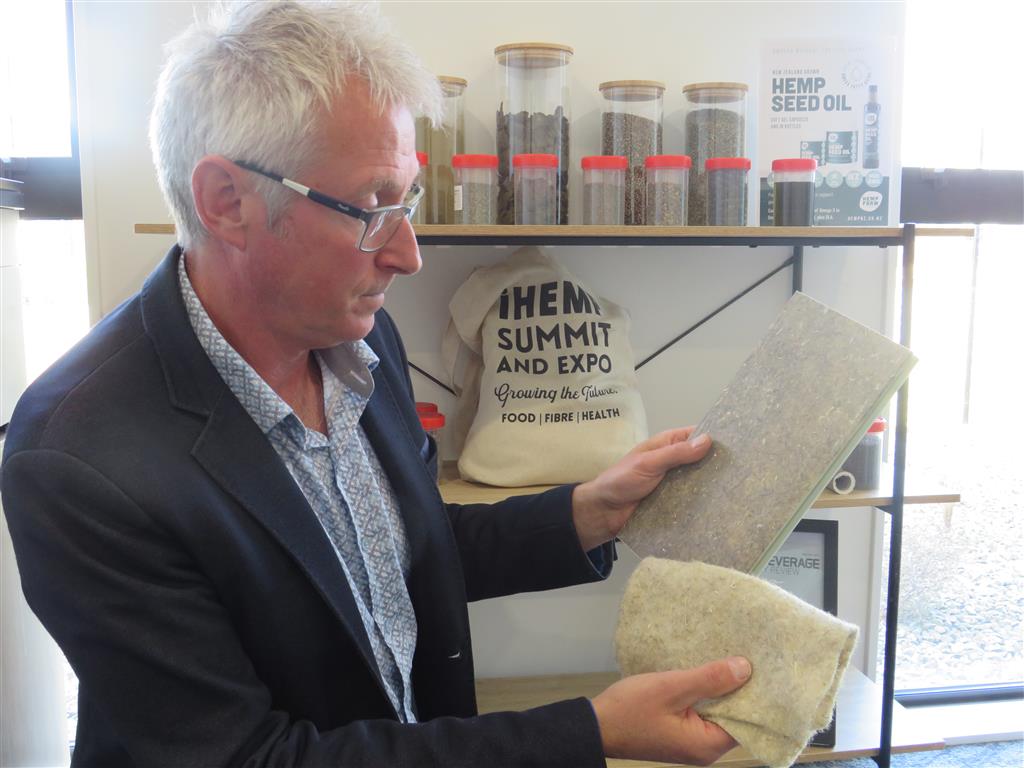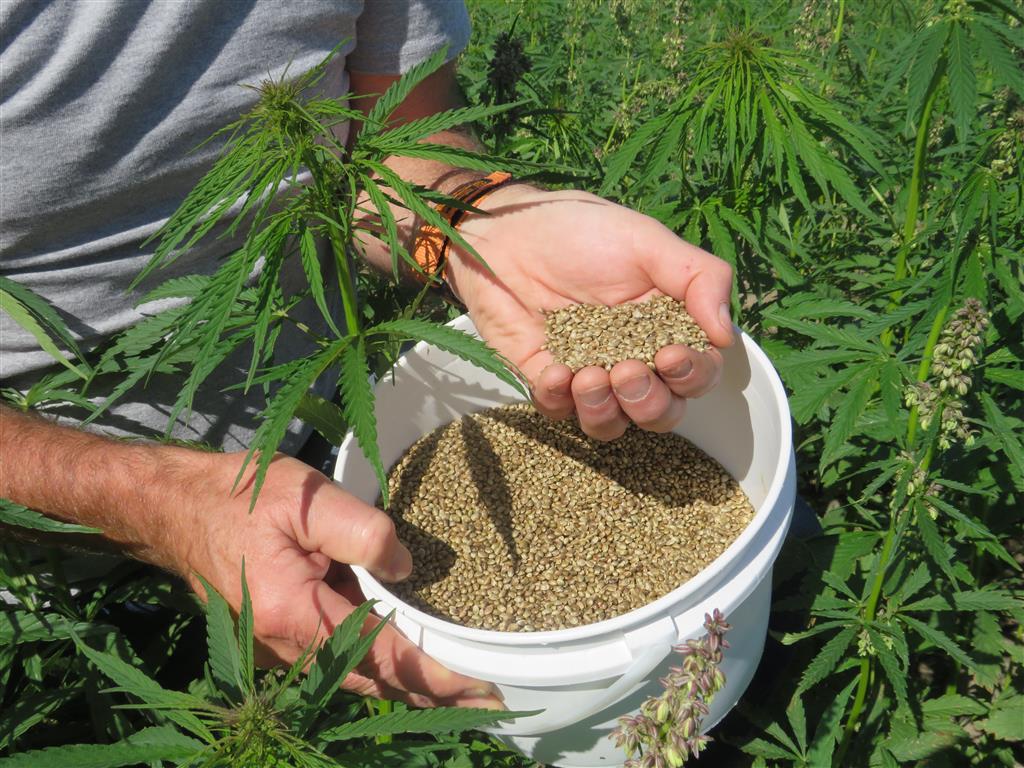
Hemp New Zealand has relocated its Tauranga-based manufacturing plant to Ashburton.
It’s a move designed to bring the company closer to growers and process infrastructure.
Business development manager Nigel Hosking formerly worked for 16 years at Midlands in Ashburton, so has witnessed the hemp seed industry grow from infancy.
‘‘The seed industry is Canterbury. We are very, very good at growing seed production in this district,’’ he said.
The move follows Sustainable Foods, formerly of Wellington, also setting up it hemp-based protein alternatives operation in the district this year to be closer to growers.
Hosking was excited by the move to Mid Canterbury, and looking forward to seeing the hemp product industry develop.
He said there was an ongoing focus to raise the industry standard to new levels, and promote opportunity in New Zealand and overseas.
He said Rangitata MP James Meager, due to visit the facility this week, was keen to hear more about the product and its potential markets.
‘‘He’s coming in for a view of our facility and to learn more around hemp and the opportunities that the crop has for domestic and export markets and job creation.’’

Meager was also keen to help from a government level, with regard to animal feed legislation which was changed in 2018, Hosking said.
In 2018 legislation in New Zealand allowed hemp seeds to be used as a food ingredient, but not for animal feed.
‘‘They know that legislation is probably over complicated for the hemp industry, and they’re keen to see if they can assist to streamline efficiencies to allow us to open up the markets.
“Even if it was only for domestic pet consumption within New Zealand, not production animals.’’
Hosking said the benefits of hemp were varied and offered a sustainable product with zero waste from plant production.
‘‘It’s good for gut health, good for antiinflammatory, healthy source of polyunsaturated fats which can reduce inflammation, blood pressure, help insulate your nerves, assist with wound healing.
‘‘It’s just a sustainable source of plant-based polyunsaturated healthy fat with is essential for your diet.’’
It was also good for skin. The company produces serum, cleanser, soap and healing balm.
He said a wool/hemp geotextile already manufactured in New Zealand was being used for weed matting by the likes of Christchurch City Council and Fulton Hogan on roading projects.
There were also nationwide trials being run by others on hemp-infused decking floorboards and low interference television aerial tubing, he said.

There were plenty of research and development options, ranging from beverages, socks, to flooring boards and carbon fibre replacements.
‘‘There has been a lot of interest in a lot of things, there is definitely scope for a whole range.’’
As a food, hemp is a source of high quality protein. It is sought after by plant-based foodies, being rich in healthy fats and essential fatty acids.
Hemp has no psychoactive effect and has historically been used as a source of fibre and oil because it contains proteins, vitamins, minerals and fatty acids.
Hemp hearts are high in protein, vitamin E, folate, niacin, magnesium, zinc, copper, manganese, calcium and iron, while hemp seed oil is one of the best-known sources of the two essential fatty acids beneficial for health.
New Zealand-grown industrial hemp, which in the past had up to 20 growers in Mid Canterbury, has less than 0.035 per cent THC.
Hemp New Zealand was founded by Anne and Dave Jordan in 2011.
It started as a first-of-its-kind hemp farm in the country.
Under its hemp food retail brand, Hemp Farm, it offers hemp hearts, hemp protein and hemp seed oil and capsules, as well as a skincare range, selling direct to consumers via a website and in wholesale markets.
In 2017, the growing global market was touted as being worth $1 billion, and the industry estimated to initially generate between $10m and $20m in export revenue in New Zealand, and to have created about 20 jobs.



